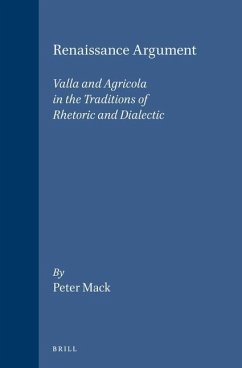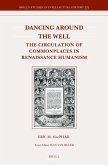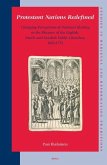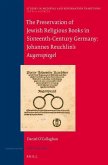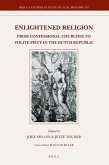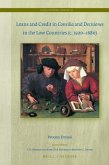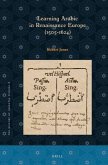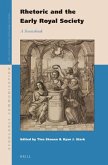This book presents a new interpretation of the two most innovative renaissance works on the use of language, Lorenzo Valla's "Repastinatio dialecticae et philosophiae (1439) and Rudolph Agricola's "De inventione dialectica (1479). Mack attempts to find a path through the controversies which have recently raged around Valla's work, acknowledging the originality and skill of his attack on Aristotelian logic metaphysics, but recognizing the inconsistency (and even the Aristotelianism) of his alternative system. Mack provides the first full commentary on Agricola's work in modern times, establishing its originality and coherence. Far from being a mere popularisation of Valla, "De inventione dialectica turns out to be one of the great texts of the Western rhetorical tradition. The book concludes with a survey of Agricola's influence on rhetorical thinking and practices of reading and writing, through print, the educational system, and such intermediaries as Erasmus, Vives, Melanchthon and Ramus. OUDE TEXT This book studies renaissance education in the use of language. It shows how humanists brought together the traditions of rhetoric, dialectic and poetry to produce a science of practical arguing in neo-classical Latin. It discusses Lorenzo Valla's attempt in "Repastinatio dialecticae et philosophiae (1433) to establish a new metaphysics and a reformed dialectic in opposition to the Aristotelian tradition. It analyses the treatment of the topics and the art of composition in Rudolph Agricola's "De inventione dialectica (1479). It describes the diffusion and reception of Agricola's work and its influence on Erasmus, Vives, Melanchthon and Ramus. This books provides newinterpretations of the two key texts of the renaissance arts of language. It shows how Agricola influenced renaissance teaching and practice of argument, composition and reading.

